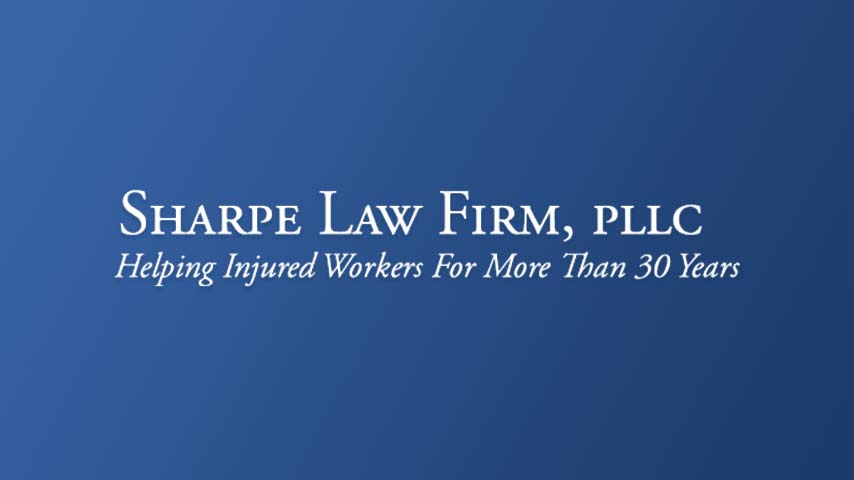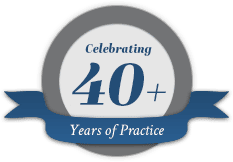Working life has changed for many of us. COVID-19 changes have affected us in unprecedented ways. Workers have been asked or told to work from home. Some workers have sustained injuries on the job while working from home. Will they be covered by Washington’s L&I Workers’ Compensation system?
The rule is that workers who are acting in the “course of employment” are covered under the Industrial Insurance Act and eligible for L&I benefits if they are injured while acting at their employer’s direction or furthering the employer’s business.
Will L&I Cover My Injury if it Happens While Working From Home?
Where the injury occurs is less important than what the employee is doing at the time of injury. Injuries that occur in the course and scope of employment are covered under Washington’s L&I system, regardless of where the injury occurred.
To successfully have an L&I claim covered, employees need to prove that their injuries were work-related. Workers must show that they were acting in the interests of their employer when their injuries occurred. Courts have found that the employer does not need to exercise control over the working environment for the claim to be covered. When an employee works from home, the hazards encountered at home are viewed as hazards of employment.
L&I is a “no-fault” system, which means that it does not matter whether the employer caused the workers’ injuries. It doesn’t matter if the worker carelessly caused his or her own injuries. What matters is that the injuries occurred during the worker’s employment.
Was I Injured in the Course of Employment?
L&I covers injuries that occur within the course of employment. Courts interpret this standard broadly and tend to find that injuries are covered when claims are made by workers who were performing tasks for the benefit of an employer.
Proving that you were injured in the course of your employment may be slightly more difficult when working from home, but far from impossible.
Questions that your employer and the Board of Industrial Insurance may ask include:
- What were you doing when the injury occurred?
- Was your employer benefiting from your actions?
- Did your employer require that you engage in the activity that caused the injury?
- Did your employer approve the activity in advance?
- Did your employer require or allow you to work from home?
If you can show how your injury was related to work being performed for your employer, then your injuries should be covered by L&I.
Does It Matter if I Am Home at the Direction of my Employer?
If your employer required that you work from home, it will make your home L&I claim more likely to be accepted. However the employer’s insistence that you work from home is not necessary. The facts surrounding the injury are important.
Consider the situation where the injury occurs in the home because of an unsafe condition. For example, an Oregon woman was injured when she tripped over her dog while working from home. An appeals court found in her favor because she was required to have an office in her car and was instructed by her employer to store excess products in her home. The woman was injured when she was walking to her garage, where she stored the samples, when she tripped over her dog and broke her right wrist. Because working from home was a condition of her employment and her employer required that she store product samples there, the court found that she was injured in the course and scope of her employment and that her claim was covered by workers compensation.
However, a Washington court denied coverage to a remote worker who had logged off of her work computer and was injured while walking her dog. The court found that by logging off she signaled to her employer that was had temporarily abandoned her employment and that her employer retained no authority over her.
Whether an injury will be covered by L&I will come down to the unique facts of the case and whether the worker can prove that the injuries occurred while in the course and scope of employment.
What If I Am Injured on Break?
In the traditional analysis, injuries that occurred while a worker was on break but stayed at work have been covered. Breaks taken while at work were found to benefit the employer because they save time and because the worker remains accessible to the employer. Injuries that occur when a worker is injured while taking a break and has left the workplace have usually not been covered.
However, in cases involving people who are taking a break while working from home, their injuries might be covered under the personal comfort doctrine. The personal comfort doctrine provides that a worker is still acting in the course and scope of their employment even while taking short breaks for eating, going to the bathroom, smoking, or seeking relief from discomfort. Courts use the doctrine to determine whether an activity is sufficiently incidental to employment so as to allow recovery under the L&I system.
What About COVID and L&I Claims?
Covid has changed where people work. Persons working at home because of Covid who are injured on the job should be covered for their home office injury. See Covid-19 and L&I Claims.
The Sharpe Law Firm Is Available to Answer Questions About Injuries Suffered While Working from Home
L&I should cover your home office injury. The Sharpe Law Firm is available to answer your questions about whether a work-related injury is covered by L&I when someone is injured while working from home. Contact us today for answers to all your questions about L&I coverage.










